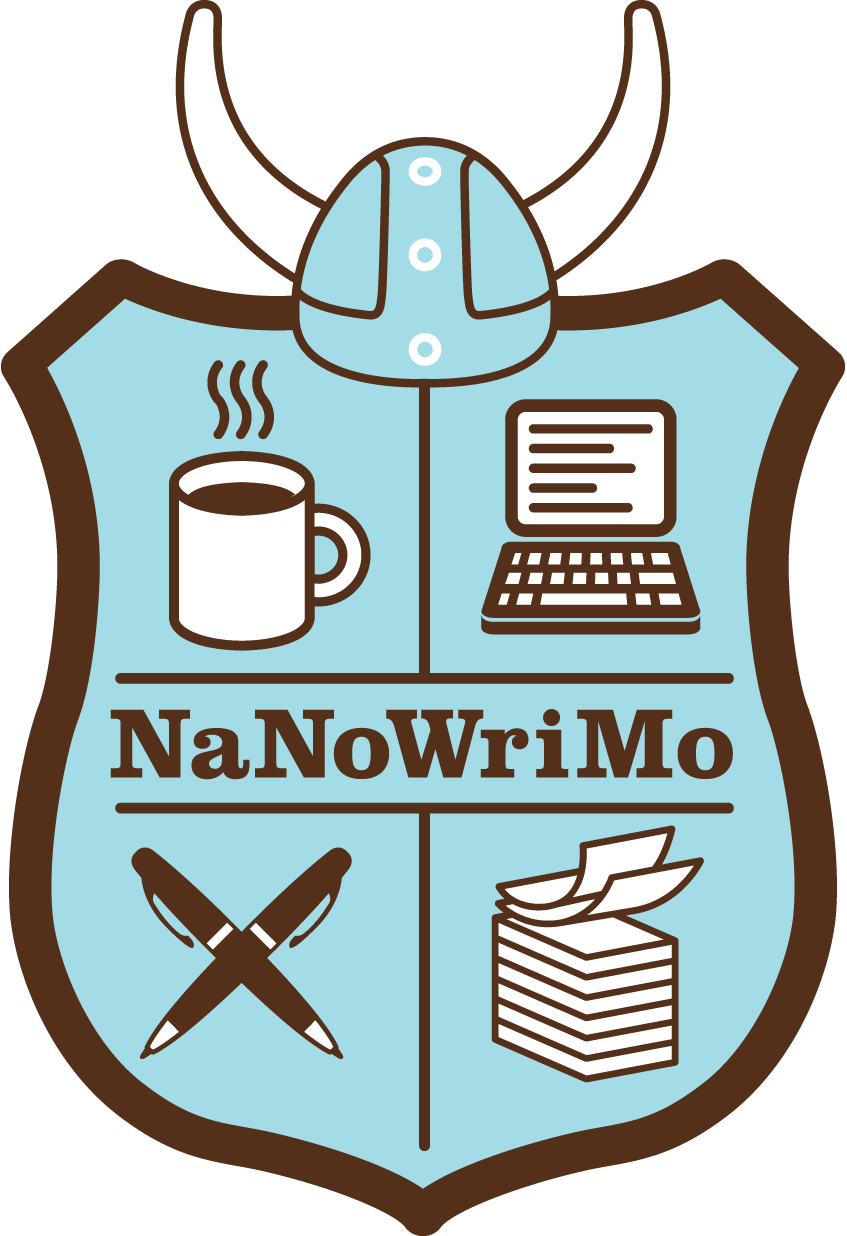Meet Sophie, My Friend the Writer.
Sophie lives in Nottinghamshire and just finished writing the first draft of her first book. After reading endless articles about the difficulties of getting published and making a career out of being a professional writer, she decided to push mercilessly ahead (and stop reading those terrifying articles).
Visit her blog to witness her transformation from a fledging writer into an actual professional.
Attention: Potential spoilers ahead.
Game of Thrones Edition: A Case Study
I don’t know about you but I reread books, sometimes more times than I can keep count of. Every time I pick up an old faithful someone will ask, “that again? But you know what happens!” It doesn’t matter that I know what happens, I still enjoy the journey. There’s another reason too, as an aspiring writer, rereading stories teaches me how the the author has created their story.
I can’t help but read like a writer. Reading like a writer and reading like reader is the difference between reading actively and passively. There is nothing wrong with reading passively, we all know it’s lovely to read and turn your brain off but writers, even if they’re only amateurs like myself can’t help but look for the how and why.
I’m going to use George R. R. Martin’s A Song of Ice and Fire series of books as an example (and I’m going to try very hard not to include any spoilers). I started the first book A Game of Thrones about six weeks ago and I still have one and a half books to go before I’ll have finished the series. But I developed a theory about one of the main characters half way through the first book, although I don’t yet know for certain that I’m right, I have every reason to believe Martin is pointing in this direction.
In the very first book you’re introduced to a character called Jon Snow (portrayed by the beautiful Kit Harrington), he’s the bastard son of Lord Stark and he’s been raised in his father’s household as one of his children. But Jon’s life isn’t quite like his highborn brothers and sisters, the Lady of the household despises him, he is colloquially known as the bastard and his father keeps his mother’s identity a closely guarded secret.
Why? Was my first question, what is the point of giving Lord Stark a bastard? Good writers don’t introduce big characters like Jon Snow without a purpose, but as a bastard Jon is fundamentally limited in Martin’s world, so why make him a bastard?
My second question regarded the identity of Jon’s mother, it wasn’t who she was but rather why she was a secret. One explanation could be that Lord Stark didn’t want to upset his Lady wife but other than seeming a pretty flimsy excuse, he has no trouble telling her to keep her nose out when she asks. So why the secret? A Game of Thrones is written in the perspective of different characters, Lord Stark could tell the reader her identity in any of his chapters but he doesn’t. In my experience, a writer explaining away someone like they have Jon’s mother is for two reasons. One, the writer hasn’t actually thought it through (a bad writer), or two because it will become significant later and Martin has invested in his world too thoroughly for it to be anything but the latter.
By half way through book one, I’d reaffirmed that Jon’s parentage was important because the question of his mother continued to be raised. Also by this point, I’d gotten to know Jon’s father much better and the more you read of him, the odder it seems that this man even has a bastard. Lord Stark is honourable to his core, you know it and other characters know it, but siring Jon while he was married seems far from the honourable picture Martin has created of Lord Stark. In fact, it starts to seem distinctly out of character. Lady Stark is forever miffed by Jon and the way Lord Stark fiercely protects the identity of his mother, she says he must have loved her very much.
But the only woman Lord Stark loves other than his wife and daughters, is his sister. The same sister who was set to marry the king before her untimely death, and Lord Stark did make her a mysterious promise on her deathbed...
Before I seal my lips, I’ll present you with one last question, why has Martin included such a rich background for a character that died before the story starts?
A friend of mine read GOT at the same time as me and didn’t come to the same theory. Another friend has finished the entire series, he holds the same theory but didn’t come to it until very late on. The difference between my friends and I was that I read this as a writer, I was looking for clues and asking why right from the beginning.
I will hold my hands up and admit that I don’t know if I’m right about Jon’s identity, but if I’m wrong all Martin’s signposts have been planted wonky.
What do you think about Sophie's evaluation?
Watch for more of her upcoming posts about Reading Like A Writer.
Comment to discuss or chat via Twitter by using the hashtag #ReadingLikeAWriter.









































